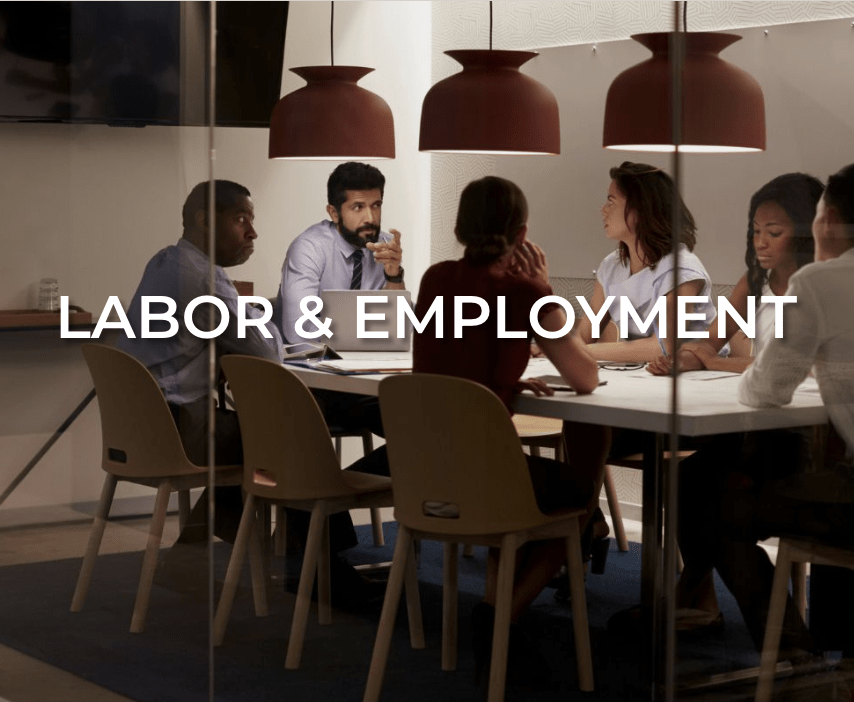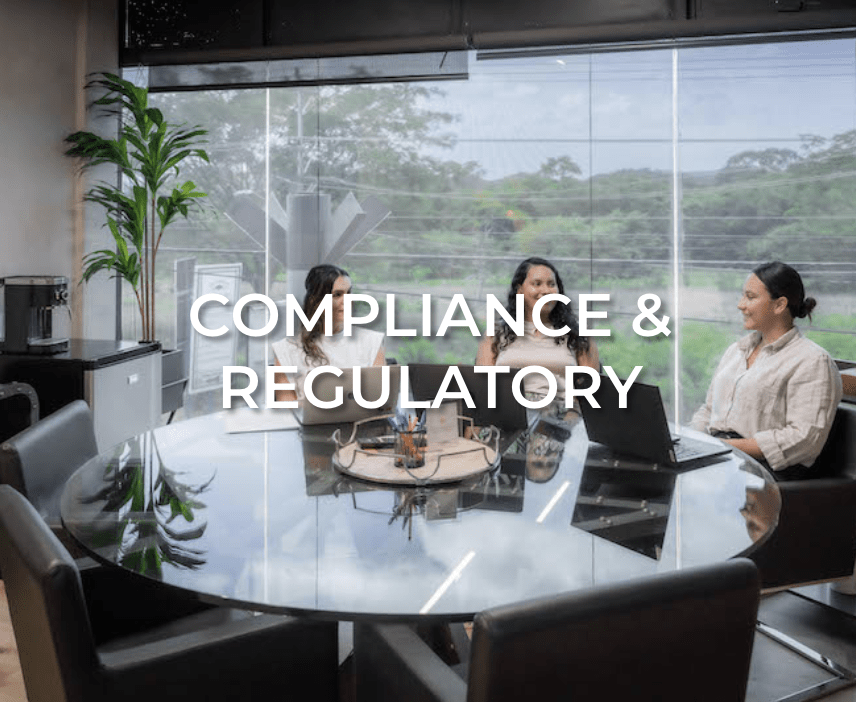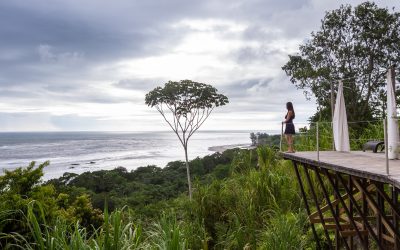

How To Build A House In Costa Rica: Your ABCs To The Building Process
by Quatro Legal Real Estate Team | Mar. 01, 2024 | Article, Real Estate

You’ve found your dream property in paradise, and now you want to know how to build a house in Costa Rica without frustration, trouble, or financial loss. You’re in the right place!
We all have that dream home in our minds, the one we hope to own, build, or live in someday. It’s common for our expat investors and clients to search for the perfect lot in Costa Rica to bring their dream home to life, whether it’s for personal reasons, business use, or as an investment. But often, diving into the building process here can feel like stepping into unknown territory, especially since it can be quite different from what you’re used to back home.
To help bridge this gap, let’s break down the building process in Costa Rica so that you can enjoy your dream home without stress or worry.
How to build a house in Costa Rica: Three important steps
Here’s what you need to know about buying property in Costa Rica. We suggest you do your research and work with a real estate lawyer in Costa Rica before signing any papers. These tips will help.
1. Preliminary stage: Selecting the right Costa Rica property
Selecting the right property is where every building process begins. I know, stating the obvious, right? But we can’t stress enough to our clients that when buying property and investing in Costa Rica, ensuring the property ticks all their boxes is crucial. This means finding real estate that aligns with everything they desire or as close as their budget permits. Factors like location, price, size, and amenities matter, but so does the intended use of the property. For those looking to build a house, it’s essential to verify that the property is suitable for the development, type of construction, and intended use.
This requires conducting a comprehensive legal and technical due diligence, including an assessment of zoning and building restrictions applicable to the property of interest. This might involve reviewing zoning plans, general regulations in the absence of a zoning plan, and even condominium by-laws, covenants, and restrictions. A straightforward example is ensuring that a two-story house can be built before purchasing a lot that only allows for one.
Additional tips to build a house in Costa Rica with ease
Selecting the right Costa Rica design and build team
Many of the horror stories we’ve encountered with property buyers begin with choosing the wrong design and building teams. And to be fair, the same caution applies to selecting the wrong lawyer. More often than not, the most significant issues arise from hiring companies or professionals who lack the necessary knowledge, expertise, resources, and structure to handle the construction job effectively. This can usually be avoided with some due diligence: researching the market, seeking reputable referrals, ensuring they’re registered with the CFIA (Colegio Federado de Ingenieros y de Arquitectos de Costa Rica), and thoroughly vetting their experience and the quality of their work.
Opting for the cheapest quote in an effort to save money, or failing to request the essential documents and safeguards for protection during the process, is almost always a bad idea. From my experience—and you might consider this a rule of thumb—I’ve never encountered a competent builder with a poor contract or a subpar builder with a solid one. The devils in construction are indeed in the details!
Selecting a project manager to build a house in Costa Rica
For certain projects, especially those of significant size or complexity, the role of a project manager becomes indispensable. This professional is key to overseeing the building process, managing permits, tracking expenses, maintaining schedules, adhering to budgets, and ensuring compliance with project milestones. Understanding when to enlist a project manager or seeking advice on whether one is needed can make a substantial difference in the success of your project.
2. Permitting Stage: Gathering your documents to build a house in Costa Rica
Preliminary studies and technical studies
Preliminary studies consist of essential documents that compile the initial information needed to develop a project or build a house, acting as a foundation for all filings. These documents include soil use certificates, utility availability confirmations, topography reports, soil studies, soil stability analyses, environmental assessments, and more. On the other hand, technical studies are tailored to the specific requirements of the project or type of house you’re planning to build. The preparation of these studies is a collaborative effort involving lawyers, technical consultants, and building teams, ensuring that every aspect of the project is thoroughly researched and accounted for from the start.
Project draft (Anteproyecto)
The project draft is a crucial proposal crafted by the architectural or engineering professional, contractor, or building company. It outlines the elements that establish the project’s identity, drawing upon information from preliminary and technical studies, as well as the project’s geographical location, to align with the owner’s interests and requirements.
Blueprints and technical specifications
Blueprints and technical specifications are comprehensive documents that encapsulate the architectural and technical design of a project. These detailed plans and drawings meticulously outline every component of the project, covering all technical aspects and elements necessary for construction.
Building Permits
Obtaining building permits before you build a house in Costa Rica is a critical step in the construction process, involving securing the necessary licenses, authorizations, and approvals to legally proceed with construction. This process is predominantly bureaucratic and relies heavily on the expertise of consultants, architects, and engineers hired by the property owner. Given their complexity, building permits are seen as both administrative and technical procedures that necessitate professional guidance. Many expatriates purchasing property in Costa Rica for construction purposes may find themselves unfamiliar with this process. Here’s a general overview of what you need to buy property in Costa Rica. Your real estate attorney Costa Rica should be knowledgeable about these permits.
- Setena: This is the entity that oversees the environmental part of the permitting process. Setena stands for “Secretaría Técnica Nacional Ambiental” (National Environmental Technical Secretary). Setena was created in 1995 in an effort to create harmony between development and environment and making sure there was an environmental component added to land use, development and zoning plans. The most common permits filed with Setena are D1 and D2 permits. The D1 permit is for projects that have moderate or high environmental impact and the D2 permit is for projects that have very low environmental impact. For house building projects, having to apply for a D1 or D2 environmental permit will depend on the size and complexity of the build.
- CFIA Approval: CFIA stands for “Colegio Federado de Ingenieros y Arquitectos” (Architects and Engineers Federate College). It is the entity that oversees professionals, such as engineers, architects and their companies, their responsibilities in regards to a project and their clients. CFIA approves the blueprints and prepares the estimates of costs and values of projects according to their size, finishings and fixtures.
- Municipal Permit: The Municipalities in Costa Rica are the jurisdictional governmental entities that oversee the administration of a territory, including issuing licenses such as building licenses. Municipalities issue the so call building permit or building license. The municipality will receive the blueprints sealed and approved by CFIA, the utilities availabilities letters, zoning certificates, alignment letters from different entities and other legal documents and upon compliance with their regulations or the law will issue the building permit. Municipalities will charge one percent of the value of the project as a building municipal tax that must be paid for the license to be issued.
3. Construction Stage: The final step to build a house in Costa Rica!
Once the building permit has been issued by the Municipality and paid by the owner, you are ready to build. The most important part of the construction stage is choosing the right team for the job, the proper type of contract, confirming the inspection team and depending on the scale of a project, retaining a project manager.
Building your dream house in Costa Rica is indeed a complex and dynamic process. Make sure you are duly counseled and have the right team for the job — and, of course, please get in touch to get advice from a Costa Rica real estate lawyer with a proven track record of success!
For more information, please fill out the courtesy e-meeting form at the bottom. We will be glad to assist you!
Disclaimer: The information provided in this blog post is for general informational purposes only and is not intended to constitute legal advice. While we strive to ensure the accuracy and timeliness of the content, laws and regulations are subject to change. For the most accurate and up-to-date information, please contact our office directly. Some images may be AI generated.
Get To Know Quatro Legal

We’re bringing empathy and excellence back to legal counseling. Quatro Legal is built on a bedrock of kindness, a passion for service, and a commitment to guiding you through your legal challenges with ease.
OUR SERVICES
EXPLORE BY
category
REAL
ESTATE
CORPORATE
COSTA RICA
LIFESTYLE
LABOR & EMPLOYMENT
CLIENT
TESTIMONIALS
FREE TRADE
REGIME
All Rights Reserved 2023 | Privacy











